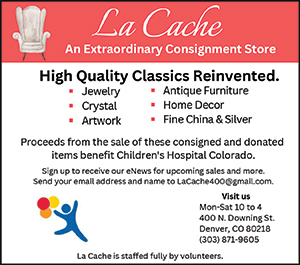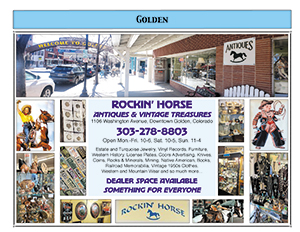By Jules Archer
Ever hear of President Charles Evans Hughes? You would have, if just one more voter in each California district had voted for him, sending him to the White House instead of letting Woodrow Wilson remain in it in 1916.
Many Americans don’t bother to exercise their franchise, feeling that the vote of one more person isn’t going to make any difference in the results of an election. Some explain that they’re too busy or have more important things to do. Others shrug and say that they’re simply not interested in politics.
In 1964, a public-opinion poll found that three out of four Americans trusted the government to do what was right most of the time. But another poll in 1978 found only 28% expressing such trust, with 65% by then convinced that the government was run on behalf of a few big interests.
One might have expected such disillusionment to result in a widespread determination to “vote the rascals out.” Instead, 65% expressed the belief that ordinary people had little to say about what the government does. Their apathy was reflected by a sharp decline in registration and voting.
Yet even presidential races have often been so close that they were decided by the few extra votes of citizens who cared enough to cast their ballots. In 1884, Grover Cleveland was elected over James G. Blaine when out of over a million New Yorkers who voted, just 1149 more chose Cleveland. And in 1960, John F. Kennedy was sent to the White House instead of Richard Nixon by an average of less than a single vote per election precinct.
Even world history could have been changed by a single vote. That was the margin by which Adolf Hitler was elected leader of the Nazis in a 1932 party election. Had he lost by a single vote instead, there might have been no World War II.
Sometimes minorities feel discouraged from voting because they are always outnumbered, but then something happens that lets them discover their strength when anger drives them to vote. For example, after the Civil War, President Andrew Johnson sought to pacify white Southerners by weakening the Civil Rights Act. In 1868, angry blacks went to the polls in record numbers to vote against him. The black vote proved decisive in sending Ulysses S. Grant to the White House.
Since 1872, there have been nine presidents who went to the White House with less than a majority of the popular vote— Hayes, Garfield, Cleveland, Harrison, Wilson, Truman, Kennedy, Nixon and Trump. The significance of this fact is that, had the small number of third-party votes gone to their opponents instead, these nine presidents would not have been elected. The importance of even a handful of votes cannot be overestimated.
While your vote may or may not be crucial in an election, casting it gives you the healthy satisfaction of acting out your convictions. “Always vote for a principle, though you vote alone,” John Quincy Adams advised, “and you may cherish the sweet reflection that your vote is never lost.”
Some citizens who ignore the polls on election day feel that it doesn’t matter because plenty of others will be voting. If everyone felt the same way, of course, there would be no elections and, in a little while, no more democracy!
“The whole system of American government rests on the ballot box,” President Calvin Coolidge declared in 1926. “Unless citizens do their duties there, such a system of government is doomed to failure.”















Follow Us